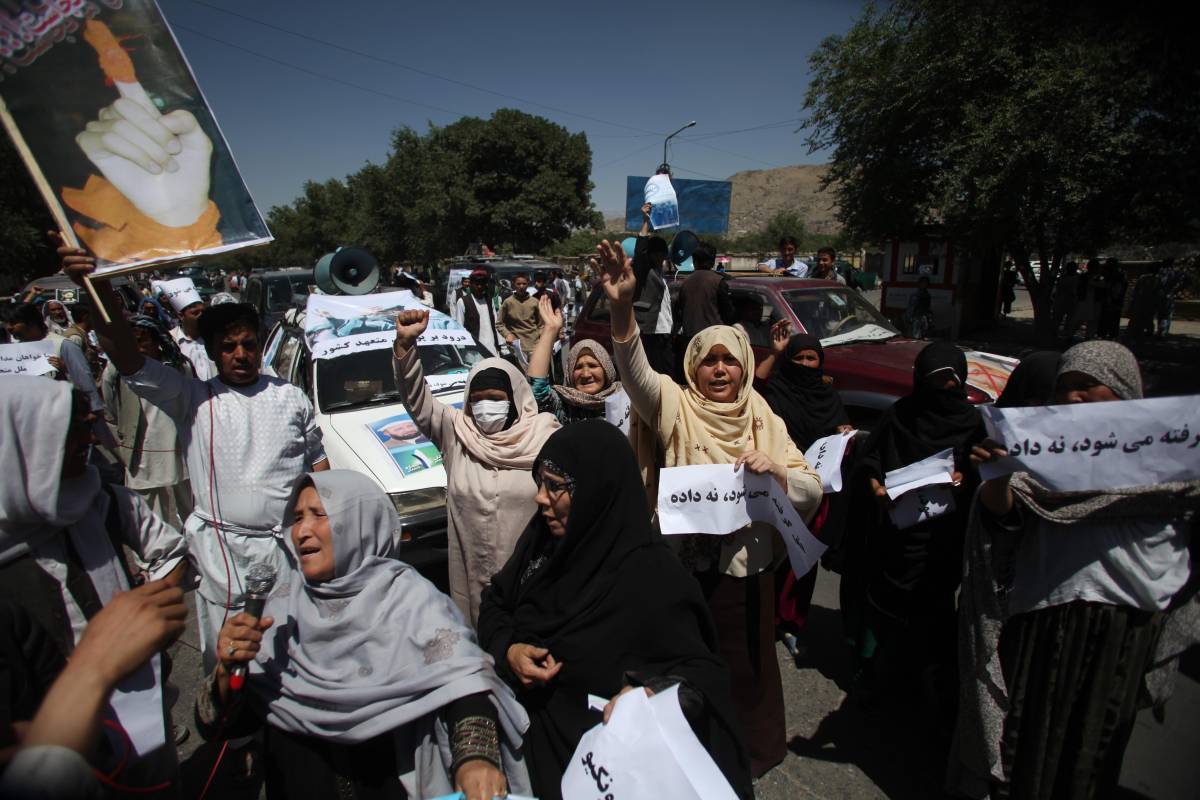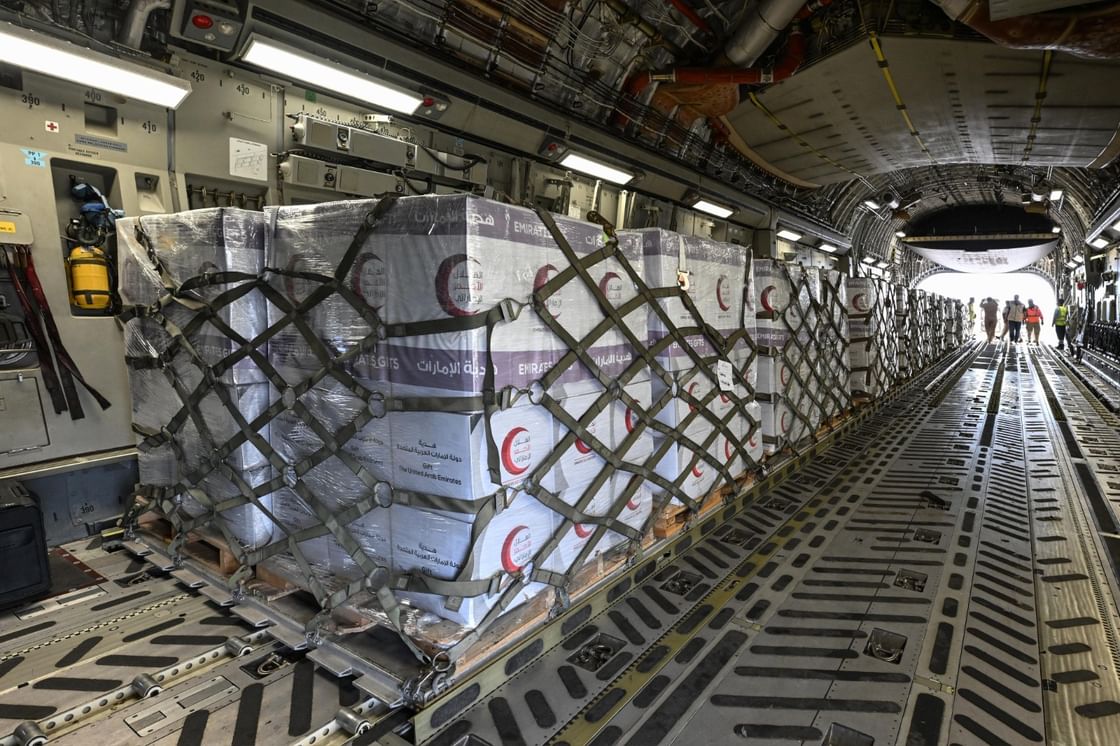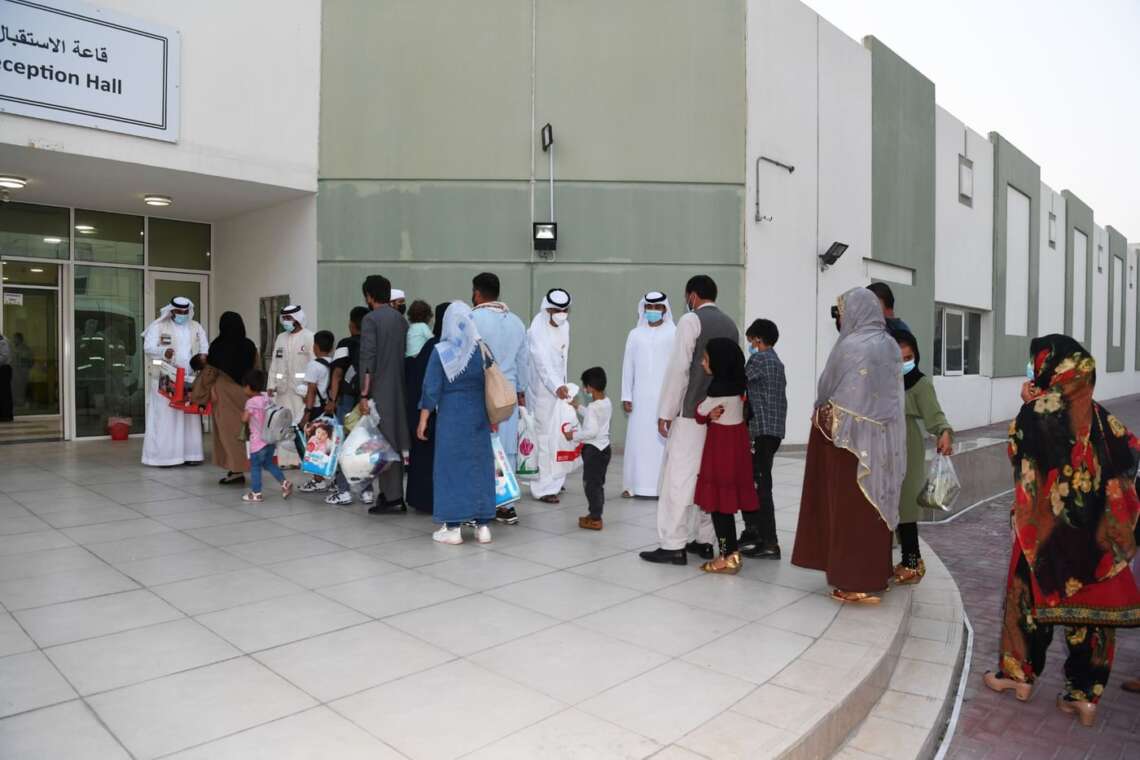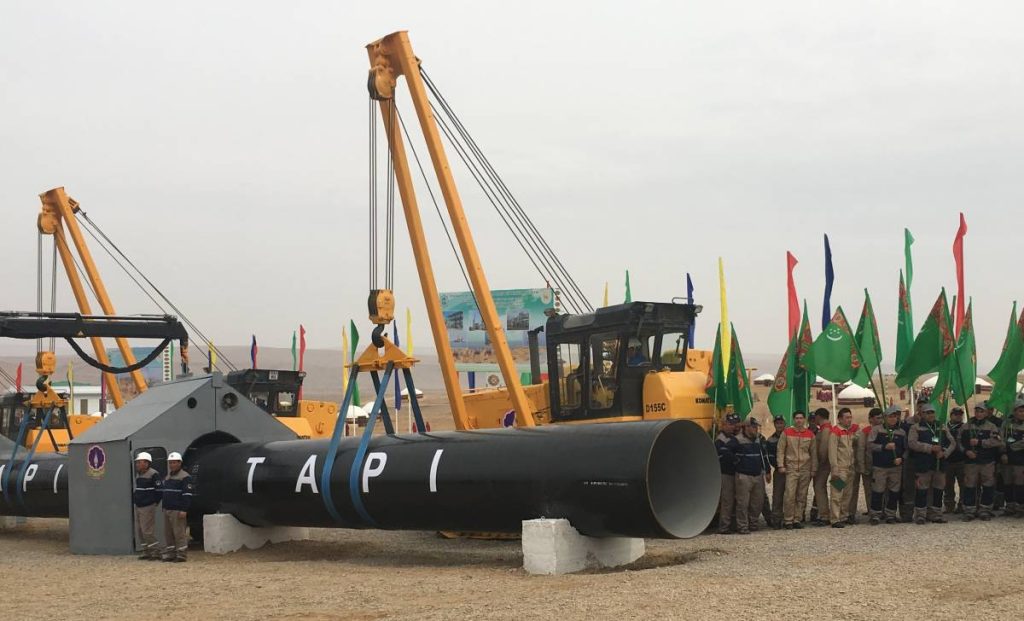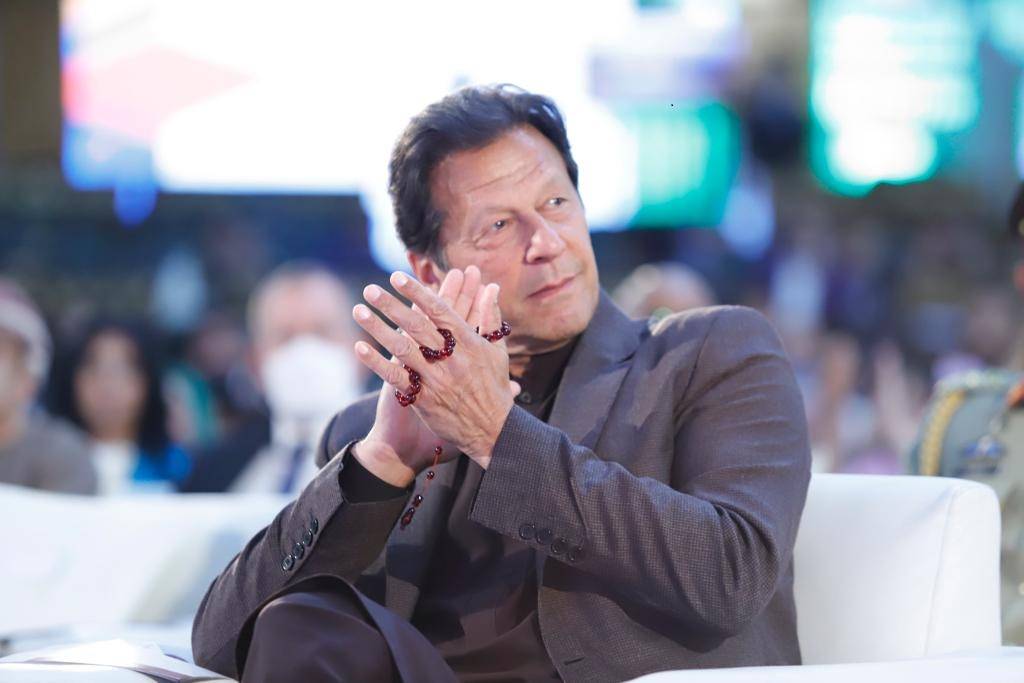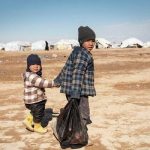The Taliban has dramatically rolled back women’s rights in recent months, including closing most girls’ secondary schools and banning women from employment. …reports Asian Lite News
Since regaining power in August, the Taliban has gradually resurrected its discriminatory policies, enforcing strict segregation in universities, government offices, and on public transportation, RFE/RL reported.
Rights groups have accused the Taliban of imposing gender apartheid in Afghanistan, with fears that girls and women will be excluded from public life.
The Taliban has dramatically rolled back women’s rights in recent months, including closing most girls’ secondary schools and banning women from most forms of employment. Women who have demonstrated for greater rights have been arrested and, in some cases, disappeared.
The Taliban’s Ministry for the Promotion of Virtue and Prevention of Vice earlier this month sent a letter to the Health Ministry ordering it to segregate male and female employees, RFE/RL reported.
“The offices for men and women should be separate,” said the letter.
The ministry, which is the enforcer of the Taliban’s radical interpretation of Islamic law, also warned that health care should be denied to female patients who do not observe the Islamic hijab.
The Taliban initially ordered women not to return to work. But it later called female health workers back to clinics and hospitals, although many were too scared to resume their work.
Rights groups say gender segregation has created barriers to women and girls accessing health care. At many facilities, patients are only treated by a health professional of the same sex, RFE/RL reported.
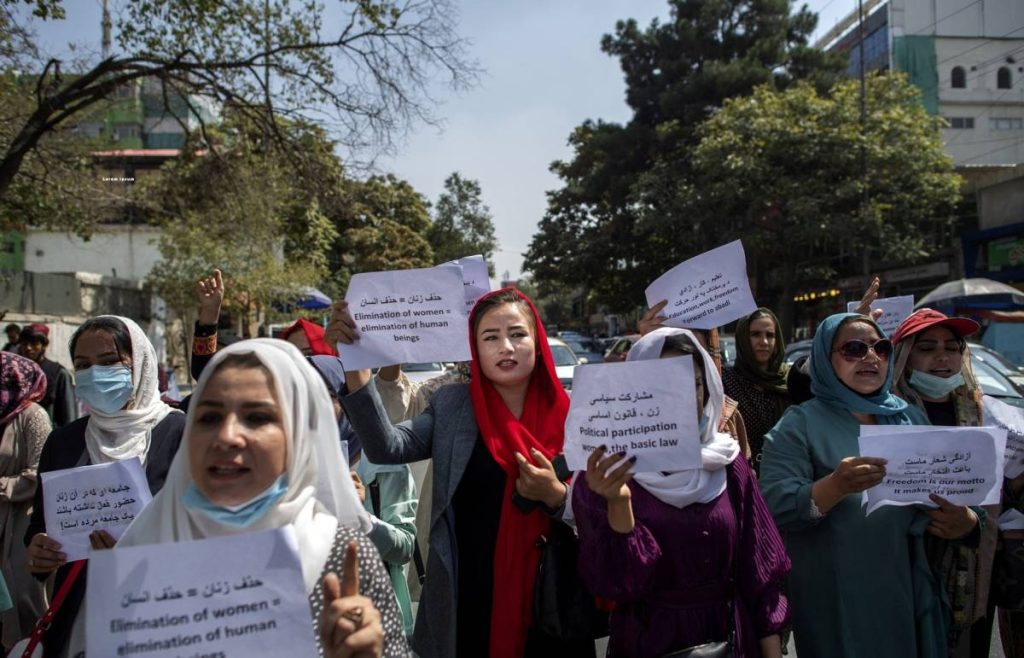
Insurance companies suspended
The Taliban on Friday suspended the operations of the insurance companies in Afghanistan till a future notice.
In an official letter sent to the insurance companies, the acting government announced the suspension of all the activities of the public and private insurance firms, reported Khaama Press.
The letter says the spirit of the insurance industry is under discussion in the Science Academy of Afghanistan to decide whether it is against Islamic practices or not.
The suspension spells doom for insurance companies who have invested and carried out financial risks in the country for the last 20-year of the democratic era and open market in Afghanistan.
Several private insurance companies in addition to a government-owned insurance entity, have invested and carried out financial risks.
The Afghanistan economy went into crisis after the collapse of the Afghanistan government in the hands of the Taliban on August 15 of last year. Hundreds of companies, organizations and projects were shut down, reported Khaama Press.
The acting Taliban government in Afghanistan emphasizes Islamic norms but has never issued any written Islamic policies yet.
Insurance is practised in almost all other Islamic countries for the purpose of risk management; however, in some Islamic states, it is undertaken under the term of Takaful, an Islamic insurance concept. (ANI)

